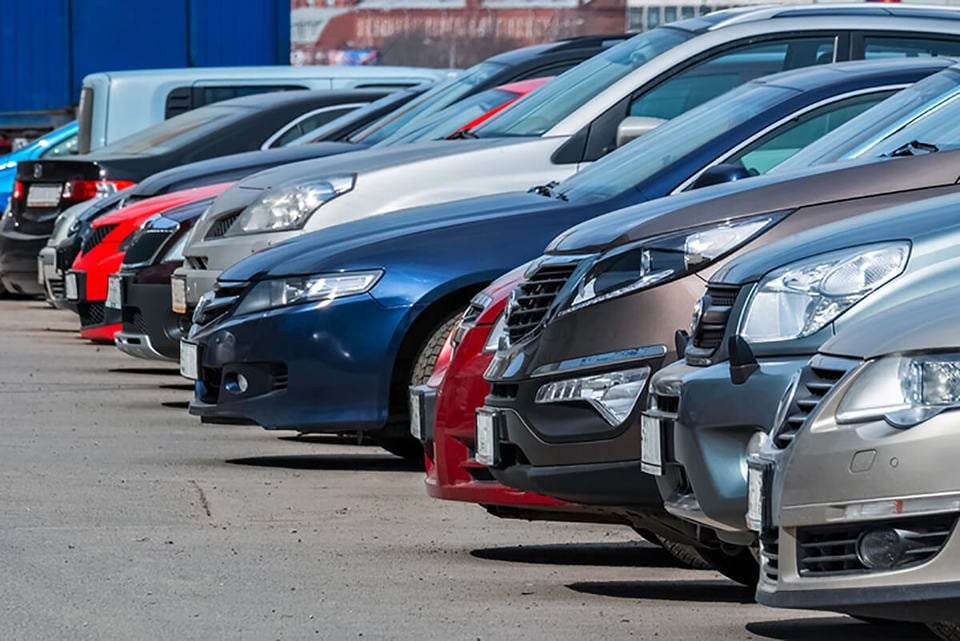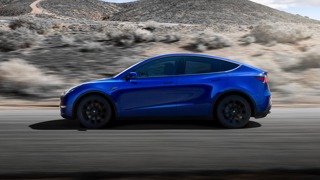Electric vehicles (EVs) being defleeted are taking more than twice as long to sell as internal combustion engine (ICE) models, new research from Epyx suggests.
Analysis of data from its 1link Disposal Network platform show that petrol cars and vans are taking an average of 10 days to sell, and diesel 11. However, it also reveals that ex-fleet EVs are taking, on average, 25 days to sell.
The trend remains the same when that data is split down into online and physical auction sales. When sold online, petrol takes five days, diesel six days and EVs 11 days; at auction, petrol and diesel both take 15 days and EVs 33 days, on average.
Tim Meadows, chief operating officer at Epyx, believes that these figures are reflective of what is happening across the industry as a whole.
“It’s no secret that the market for EVs has been pretty volatile in recent months and this is almost certainly having an effect on dealer’s propensity to take on this stock,” he said.
“However, against that development should be balanced the fact that now, something like one in six vehicles for sale on 1link Disposal Network at any time are EVs. This represents huge volume growth in this sector over a relatively short period of time.
“Our view is that EV sales might appear sluggish compared to ICE but it must be remembered that this is still a type of used vehicle that is relatively new to the market.
“Dealers and end users remain often unfamiliar with the technology and there is much misinformation around.
“Ultimately, the speed at which they are selling could conceivably be viewed as a positive and there is every chance that excessive supply and demand for EVs will switch places several times before the market reaches a point of relative stabilisation. Today’s situation could change quite quickly.”
An already volatile used EV market has had to deal with Tesla’s January price cut, which pricing experts said could not have come at a worse time.
The used value for a one-year-old Tesla Model 3 long range with 20,000 miles on the clock has fallen by £11,600, or more than 25%, since the middle of September.
The used battery electric vehicle (BEV) market, while recording its best-ever annual performance last year with a record 71,071 units sold, a rise of 37.5%, still represents a small proportion of overall used sales.
Used BEV transactions equated to just 1% of the used market in 2022, up from 0.7% in 2021. Sales of hybrid electric vehicles (HEVs) rose 8.6% and plug-in hybrid electric vehicle (PHEVs) transactions were up 3.6%.
Combined, they represented 4.1% of the market (up from 3.3% in 2021).
> Interested in comparing electric vehicle data? Check out our EV tool.
> Interested in ensuring the efficient use of EVs. Check out our dedicated editorial sections: Insight & policy | EV news | Charging & infrastructure | Costs & incentives | Benefit-in-kind | EV case studies | EV road tests
























Rosco7010 - 21/03/2023 15:53
Currently used EV's are significantly more expensive than the normal diesel or petrol vehicles. This will mean the used car dealers are less likely to take one EV as compared to taking two petrol cars. This is coupled with (as mentioned in the article) the lack of knowledge about EV pricing, and probably EV mechanical referbishment. Many used car dealers will focus on carrying out their own maintenance on their stock, and will be unfamiliar with EV's. Let alone they probably don't yet have fast charging infrastructure on their lot. The difference in time to sell is probably reasonable.